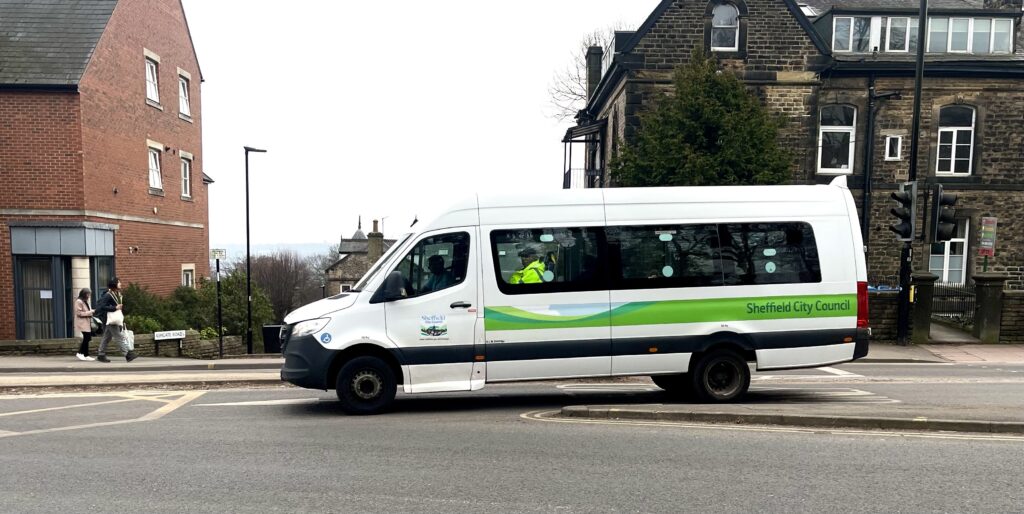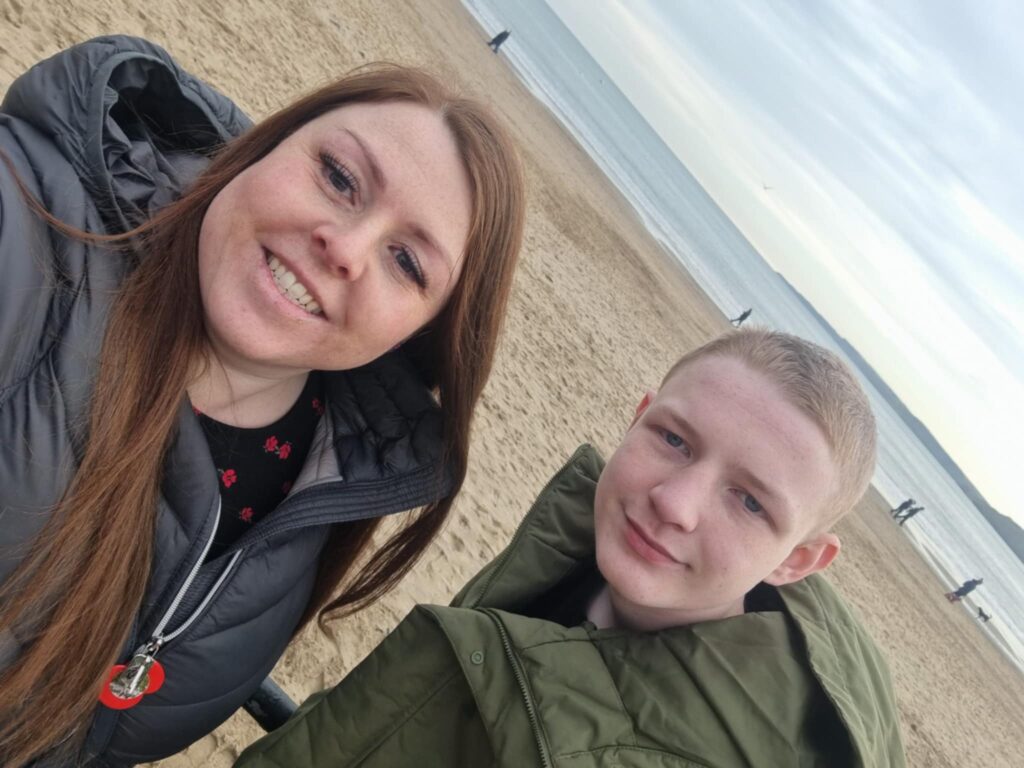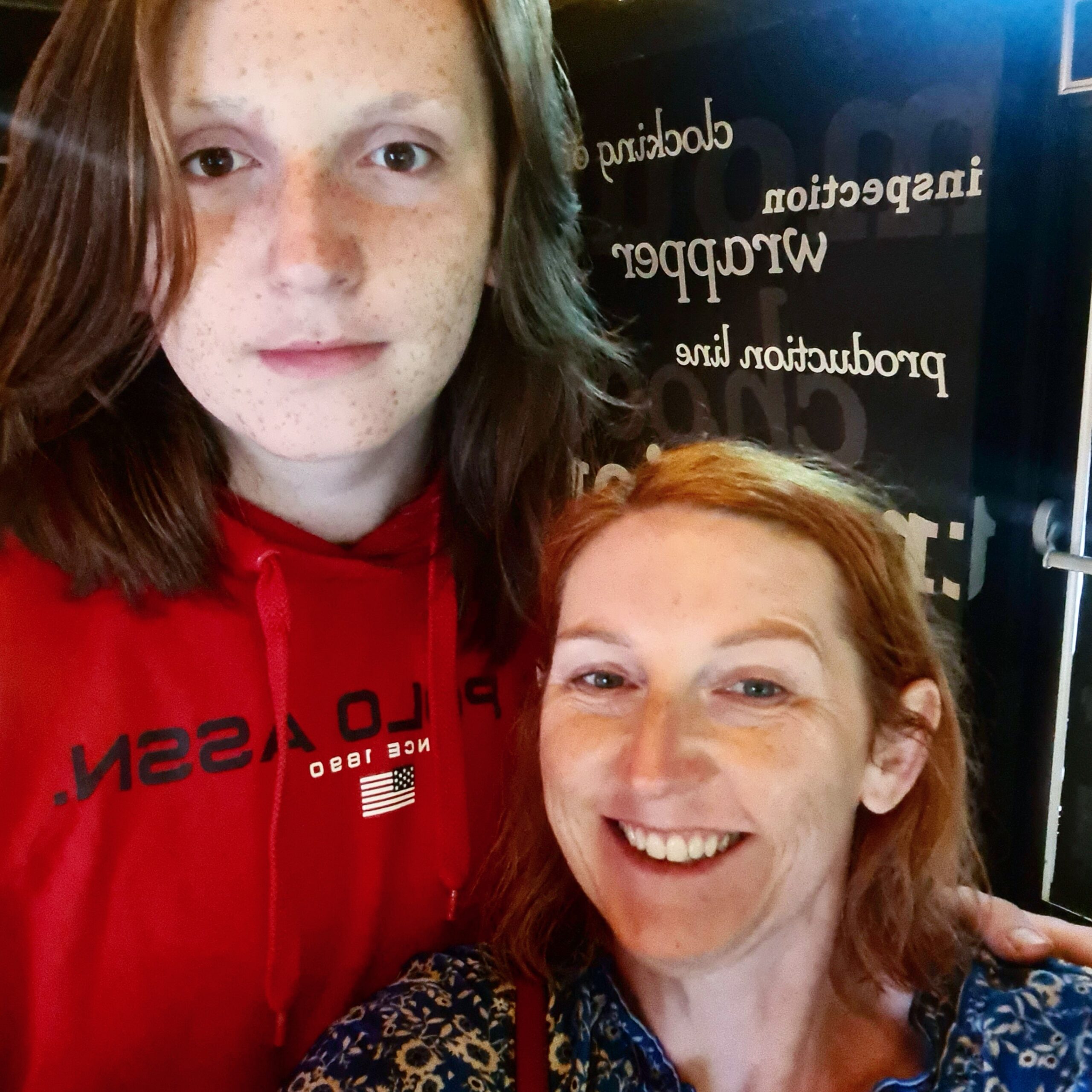A £7.1m overspend on Sheffield’s Home-to-School transport has left special educational needs and disability (SEND) children and their stressed parents facing an uncertain future.
There are more than 1,000 more children in need of the service than pre-pandemic.
A recently concluded Post-16 travel consultation with parents proposed replacing council-provided vehicles with Personal Travel Budgets.
This would mean students and their parents having their transport funded, but having to organise it for themselves.
Speaking at Sheffield City Council’s Strategy and Resources Policy Committee, Jane Wilby, Assistant Director of Finance & Accounting, said this overspend is ‘not a comfortable position to be in’.
Regarding the consultation Mrs Wilby said: “This is to ensure young people are better prepared for travel costs and to reduce burdens on council costs.”
The funding gap is part of a larger £34.8m overspend by Sheffield City Council.
Heather Wingfield, 51, from Chapeltown, sends her son Quinlan, 18 with autism and ADHD, to his specialist school.
She criticised the council’s proposal to shift responsibility to parents as ‘mad’.
She said: “We’ve already got enough stress with the government changing EHCPs and then you’ve got the council saying, right, we might need your child to go independently to school, or you’re going to have to pay for their transport to get there.
“It’s not fair.”
Educational, Health and Care Plans – or EHCPs – set out the needs and support that SEND students require.

SEND children can be collected in a minibus or a taxi, with some accompanied by a chaperone.
Fern Major-Walton, 37, from High Green has had a ‘positive experience’ with the home-to-school transport service for five years.
Her son Logan, 15, has autism and ADHD. He shares a minibus with about eight other students.

Mrs Major-Walton fears the changes because Logan and his brother go to different schools.
“It would be a lot of stress.
“But at the end of the day, if you want your child to go to college then we’d have to work it out.”
Both mothers are part of Autism Hope, a support group for parents of autistic children.
Based in the North of Sheffield, the group meets on Mondays and Fridays with up to 20-25 parents attending the Friday meeting.
Mrs Major-Walton emphasised the need for support groups as there is limited support available from professionals.
She said: “Everyone’s very supportive of each other, and even though each kid is obviously different, we all come together really well.”
The results of the Post-16 travel consultation will be revealed by the Education, Children and Families Policy Committee in April.




